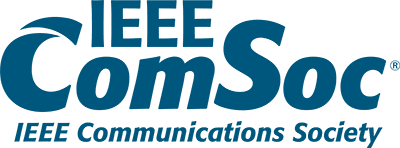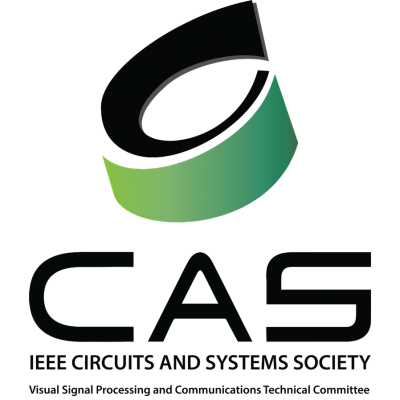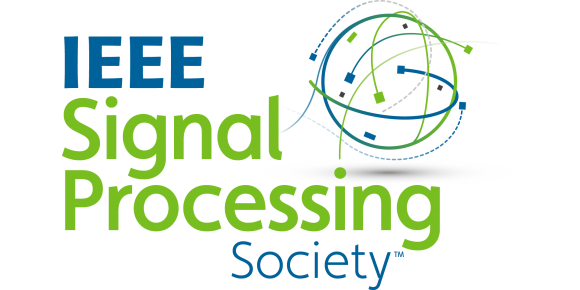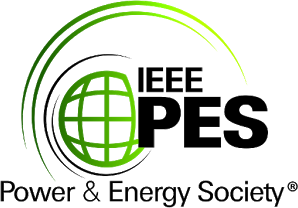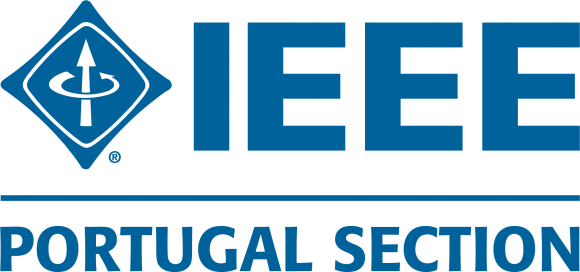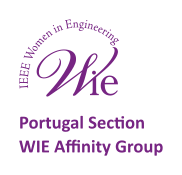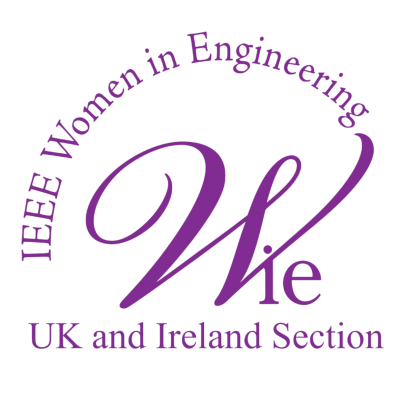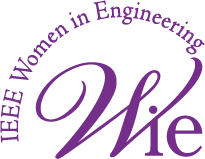Vertical Track: Industry and Manufacturing
Track ID: Vert-06
Description
The digital transformation of the manufacturing industry, also known as Industry 4.0, has been ongoing for more than a decade already, but there is still more work to be done to make the full vision of Industry 4.0 become a reality. The overall objective of Industry 4.0 is to significantly improve the productivity, efficiency, flexibility and ease-of-use of future smart factories by building cyber-physical production systems. The Industrial Metaverse merging the physical and digital worlds in an unprecedented manner will represent another important step in this direction, creating a shared space where humans, machines and data interact seamlessly. In the Industrial Metaverse, physical factories and production facilities are digitally replicated as virtual environments, often represented through digital twins. These digital replicas allow for real-time monitoring, simulation, and analysis of manufacturing processes, enabling proactive maintenance, optimization, and improved decision-making. By leveraging technologies such as augmented reality (AR), virtual reality (VR), and mixed reality (MR), the Industrial Metaverse enhances human-machine collaboration, training, and visualization. It enables technicians and workers to access real-time information, instructions, and guidance through AR overlays, immersive VR simulations, and interactive digital interfaces. The Industrial Metaverse also leverages other advanced ICT technologies, such as 5G/6G networks, private networks, edge computing, AI, and positioning systems, to enable seamless connectivity, real-time data processing, intelligent automation, and precise asset tracking within the virtual manufacturing environment.
The "Towards the Industrial Metaverse: Unlocking the Full Potential of Industry 4.0” track at the WF-IoT 2023 invites researchers, practitioners, and visionaries to explore the intersection of the Industrial Metaverse and Industry 4.0. This track will delve into a rich array of topics that embrace the transformative power of advanced information and communication technologies (ICT) in reshaping the manufacturing landscape.
Relevant topics of interest include (but are not limited to):
1. 5G and 6G: Unveiling the potential of ultra-fast wireless connectivity to enable seamless communication, data-intensive applications, real-time collaboration, and immersive experiences within the Industrial Metaverse.
2. Private Networks: Examining the role of dedicated networks in establishing secure and reliable connections, facilitating seamless data flow, and ensuring privacy within the Industrial Metaverse ecosystem.
3. Edge Computing: Exploring the integration of edge computing in the Industrial Metaverse to enable low-latency data processing, decentralized decision-making, and enhanced scalability for immersive experiences and real-time analytics.
4. Digital Twins: Investigating the utilization of digital twins within the Industrial Metaverse, fostering intelligent simulations, predictive analytics, remote monitoring, and virtual representation of physical assets for optimized manufacturing processes.
5. Artificial Intelligence (AI): Analyzing the synergy between AI and the Industrial Metaverse, encompassing intelligent automation, cognitive robotics, machine learning, and natural language processing for enhanced decision-making and adaptive manufacturing systems.
6. Positioning Technologies: Exploring the role of positioning technologies, such as GPS, indoor localization, and advanced tracking systems, in the Industrial Metaverse, enabling precise asset management, logistics optimization, and seamless user experiences.
7. Augmented, Virtual, and Mixed Reality (AR/VR/XR): Delving into the immersive technologies within the Industrial Metaverse, including augmented reality overlays, virtual training simulations, mixed reality visualization, and collaborative virtual environments for enhanced human-machine interaction and training.
8. ICT Infrastructure: Addressing the challenges and opportunities in building a robust ICT infrastructure for the Industrial Metaverse, encompassing interoperability, security, data privacy, distributed computing, and edge-cloud integration.
This vertical track will highlight novel methodologies, practical implementations, and theoretical frameworks exploring the Industrial Metaverse's profound impact on Industry 4.0. Join us in shaping the future of manufacturing by unraveling the endless possibilities that arise at the convergence of the Industrial Metaverse and advanced ICT technologies.
Sessions
Session 1: Next-Generation Connectivity: 5G and 6G Networks for the Industrial Metaverse. This session will focus on the potential of 5G and 6G networks in enabling seamless communication, data-intensive applications, and immersive experiences within the Industrial Metaverse. Presentations may cover topics such as network architecture, edge computing integration, latency reduction, integrated communication and sensing, positioning, and the use of private networks for secure and reliable connectivity.
Session 2: Enabling Immersive Experiences: Augmented, Virtual, and Mixed Reality in the Industrial Metaverse. This session will explore the applications of augmented reality (AR), virtual reality (VR), and mixed reality (MR) technologies within the Industrial Metaverse. Topics may include AR overlays for real-time instructions, immersive VR simulations for training and design, collaborative MR environments, and the impact of these technologies on human-machine interaction and productivity.
Session 3: Secure and Resilient ICT Infrastructure for the Industrial Metaverse. TThis session will address the challenges and opportunities in building a secure and resilient ICT infrastructure to support the Industrial Metaverse. Presentations may cover topics like data privacy, interoperability, distributed computing, edge-cloud integration, cybersecurity measures, and the role of blockchain technology in ensuring trust and integrity within the Industrial Metaverse ecosystem.
Session 4: Digital Twins: Simulations and Analytics in the Industrial Metaverse. This session will explore the utilization of digital twins within the Industrial Metaverse. Presentations may delve into topics like real-time monitoring and control, predictive analytics, remote maintenance and optimization, and the integration of digital twins with other technologies such as AI and IoT for advanced manufacturing processes.
Session 5: AI and Automation: Intelligent Systems in the Industrial Metaverse. This session will focus on the integration of artificial intelligence (AI) technologies within the Industrial Metaverse. Topics may include AI-driven automation, cognitive robotics, machine learning for anomaly detection and quality control, and natural language processing for human-machine interaction and decision-making in smart factories.
Chairs
Pedro Maló: Unparallel, Portugal
Bruce Hecht: VG2PLAY, USA
Bruce Hecht is CEO/CTO of VG2PLAY, advancing virtual games design for learning, based at the Cambridge Innovation Center, Cambridge, MA, USA. He has over 25 years’ experience in new products and new technology introduction at Analog Devices Inc., including twice receiving the ADI “Ahead of What’s Possible” award for MEMS and high-speed design, and the ADAS1000 recognized by EDN – Best Electronic Design in Medical Electronics (2011). He has organized professional and technical conferences in North America, Europe, and Asia. Bruce holds the B.A.Sc. and M.A.Sc. in Electrical Engineering from the University of Waterloo, Ontario, Canada (1992 and 1994) and recently achieved the MS in Engineering and Management through the MIT program in System Design and Management (SDM). Bruce has served as design challenge mentor for events including MIT Hacking Medicine, Yale-New Haven Hospital / CBIT, and MIT SOLVE. He holds 6 U.S. Patents and is an ASQ 6? Black Belt, IEEE Senior Member, and Corporate Advisory Board Member for INCOSE. Bruce is the IEEE-SSCS Representative for Biometrics Council, the VP-Finance for IEEE EMBS, and the Chair of the IEEE SA Telehealth Industry Connections program. You may find Bruce at Soundcloud or your favorite podcast platform for the Array Café, a “life-in-tech” podcast he co-produces with IEEE global colleagues.
Andreas Mueller: Bosch, Germany
Dr. Andreas Mueller is a renowned expert at the forefront of connectivity research and 5G/6G innovation. As the leader of Bosch's strategic 6G activities across diverse business units and sites, he spearheads holistic transformative endeavors aligned with business imperatives. With his profound expertise in communication technologies for the IoT, Andreas also serves as the Chief Expert in this field. Moreover, he has held the position of General Chair of 5G-ACIA, the globally leading organization driving and shaping Industrial 5G, since its establishment in 2018. Andreas’ pivotal contributions also include coordinating and advancing Bosch's Industrial 5G undertakings over the last couple of years, focusing on key areas such as private networks, Open RAN, AI/ML, and edge computing. Equipped with a robust background in telecommunications and vertical industry applications, Andreas is uniquely positioned to drive the transformative 5G/6G-enabled revolution across various sectors.






